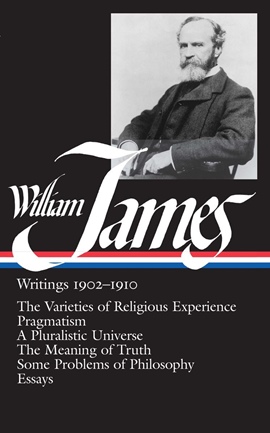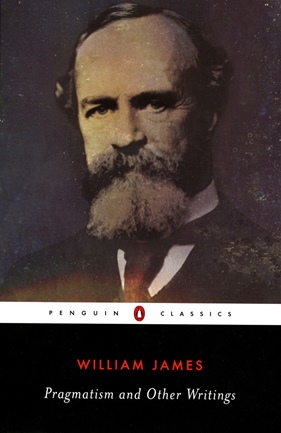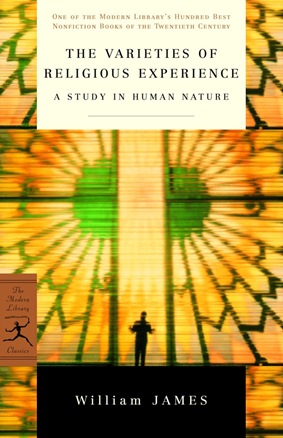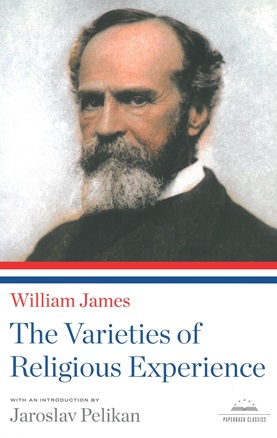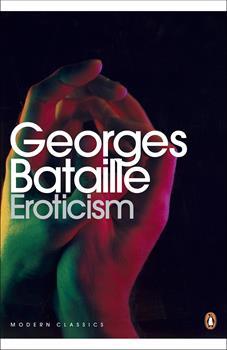Description
Philosopher and psychologist William James was the best known and most influential American thinker of his time. The five books and nineteen essays collected in this Library of America volume represent all his major work from 1902 until his death in 1910. Most were originally written as lectures addressed to general audiences as well as philosophers and were received with great enthusiasm. His writing is clear, energetic, and unpretentious, and is marked by the devotion to literary excellence he shared with his brother, Henry James. In these works William James champions the value of individual experience with an eloquence and enthusiasm that has placed him alongside Emerson and Whitman as a classic exponent of American democratic culture.InThe Varieties of Religious Experience(1902) James explores “the very inner citadel of human life” by focusing on intensely religious individuals of different cultures and eras. With insight, compassion, and open-mindedness, he examines and assesses their beliefs, seeking to measure religion’s value by its contributions to individual human lives.InPragmatism(1907) James suggests that the conflicting metaphysical positions of “tender-minded” rationalism and “tough-minded” empiricism be judged by examining their actual consequences. Philosophy, James argues, should free itself from unexamined principles and closed systems and confront reality with complete openness.InA Pluralistic Universe(1909) James rejects the concept of the absolute and calls on philosophers to respond to “the real concrete sensible flux of life.” Through his discussion of Kant, Hegel, Henri Bergson, and religion, James explores a universe viewed not as an abstract “block” but as a rich “manyness-in-oneness,” full of independent yet connected events.The Meaning of Truth(1909) is a polemical collection of essays asserting that ideas are made true not by inherent qualities but by events. James delights in intellectual combat, stating his positions with vigor while remaining open to opposing ideas.Some Problems of Philosophy(1910) was intended by James to serve both as a historical overview of metaphysics and as a systematic statement of his philosophical beliefs. Though unfinished at his death, it fully demonstrates the psychological insight and literary vividness James brought to philosophy.Among the essays included are the anti-imperialist “Address on the Philippine Question,” “On Some Mental Effects of the Earthquake,” a candid personal account of the 1906 California disaster, and “The Moral Equivalent of War,” a call for the redirection of martial energies to peaceful ends, as well as essays on Emerson, the role of university in intellectual life, and psychic research.
About the Author
William James (January 11, 1842 – August 26, 1910) was an American philosopher and psychologist who was also trained as a physician. The first educator to offer a psychology course in the United States, James was one of the leading thinkers of the late nineteenth century and is believed by many to be one of the most influential philosophers the United States has ever produced, while others have labelled him the "Father of American psychology". Along with Charles Sanders Peirce and John Dewey, he is considered to be one of the greatest figures associated with the philosophical school known as pragmatism, and is also cited as one of the founders of the functional psychology. He also developed the philosophical perspective known as radical empiricism. James' work has influenced intellectuals such as Émile Durkheim, W. E. B. Du Bois, Edmund Husserl, Bertrand Russell, Ludwig Wittgenstein, Hilary Putnam, and Richard Rorty.Born into a wealthy family, James was the son of the Swedenborgian theologian Henry James Sr and the brother of both the prominent novelist Henry James, and the diarist Alice James. James wrote widely on many topics, including epistemology, education, metaphysics, psychology, religion, and mysticism. Among his most influential books are Principles of Psychology, which was a groundbreaking text in the field of psychology, Essays in Radical Empiricism, an important text in philosophy, and The Varieties of Religious Experience, which investigated different forms of religious experience.William James was born at the Astor House in New York City. He was the son of Henry James Sr., a noted and independently wealthy Swedenborgian theologian well acquainted with the literary and intellectual elites of his day. The intellectual brilliance of the James family milieu and the remarkable epistolary talents of several of its members have made them a subject of continuing interest to historians, biographers, and critics.James interacted with a wide array of writers and scholars throughout his life, including his godfather Ralph Waldo Emerson, his godson William James Sidis, as well as Charles Sanders Peirce, Bertrand Russell, Josiah Royce, Ernst Mach, John Dewey, Macedonio Fernández, Walter Lippmann, Mark Twain, Horatio Alger, Jr., Henri Bergson and Sigmund Freud.William James received an eclectic trans-Atlantic education, developing fluency in both German and French. Education in the James household encouraged cosmopolitanism. The family made two trips to Europe while William James was still a child, setting a pattern that resulted in thirteen more European journeys during his life. His early artistic bent led to an apprenticeship in the studio of William Morris Hunt in Newport, Rhode Island, but he switched in 1861 to scientific studies at the Lawrence Scientific School of Harvard University.In his early adulthood, James suffered from a variety of physical ailments, including those of the eyes, back, stomach, and skin. He was also tone deaf. He was subject to a variety of psychological symptoms which were diagnosed at the time as neurasthenia, and which included periods of depression during which he contemplated suicide for months on end. Two younger brothers, Garth Wilkinson (Wilky) and Robertson (Bob), fought in the Civil War. The other three siblings (William, Henry, and Alice James) all suffered from periods of invalidism.He took up medical studies at Harvard Medical School in 1864. He took a break in the spring of 1865 to join naturalist Louis Agassiz on a scientific expedition up the Amazon River, but aborted his trip after eight months, as he suffered bouts of severe seasickness and mild smallpox. His studies were interrupted once again due to illness in April 1867. He traveled to Germany in search of a cure and remained there until November 1868; at that time he was 26 years old. During this period, he
